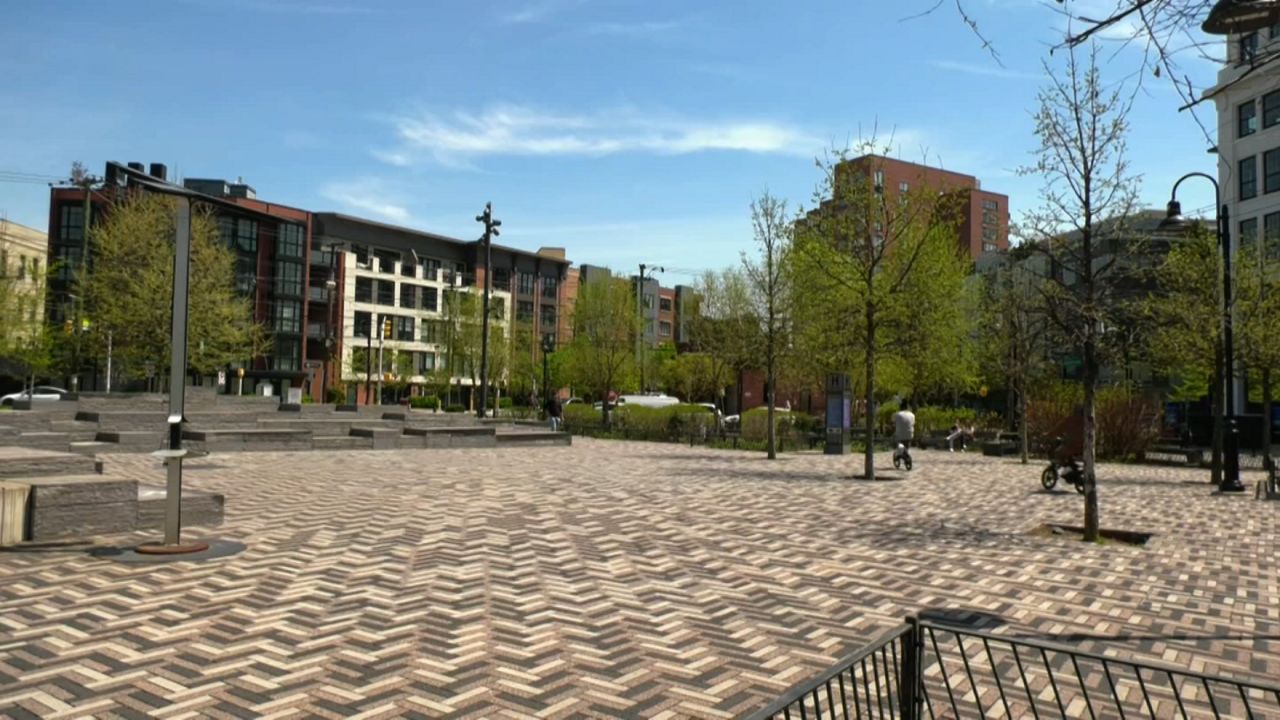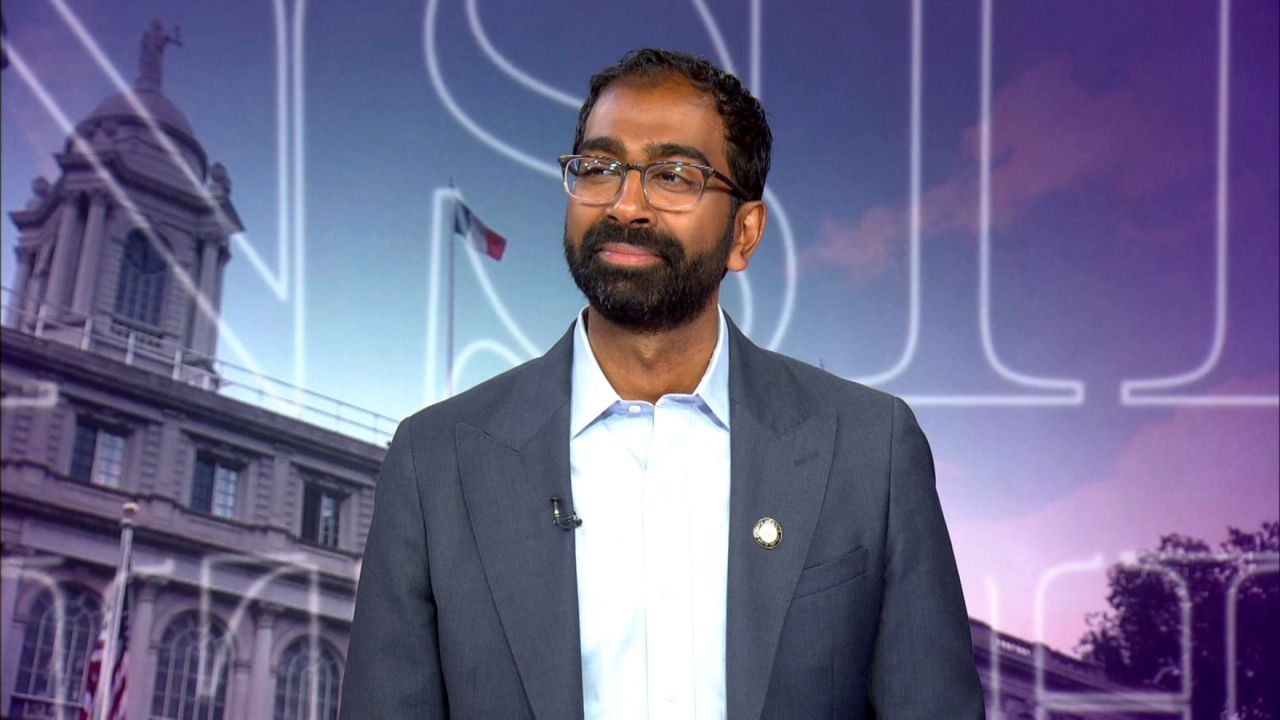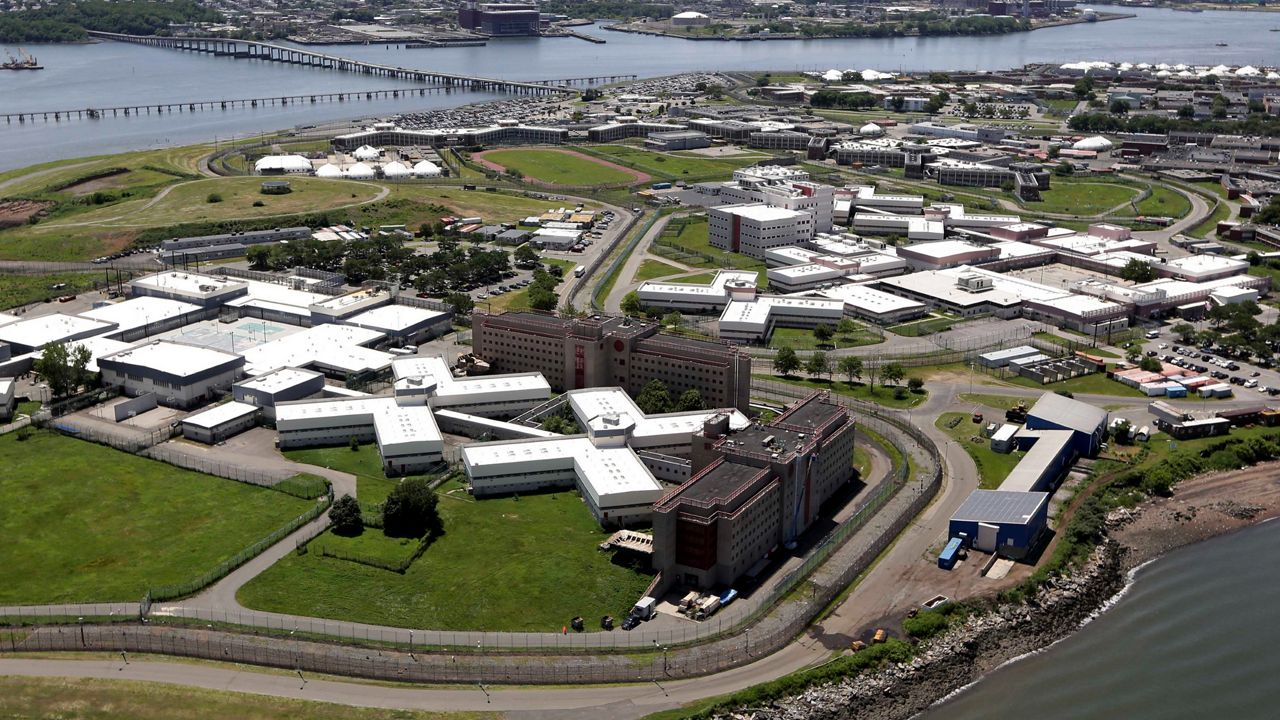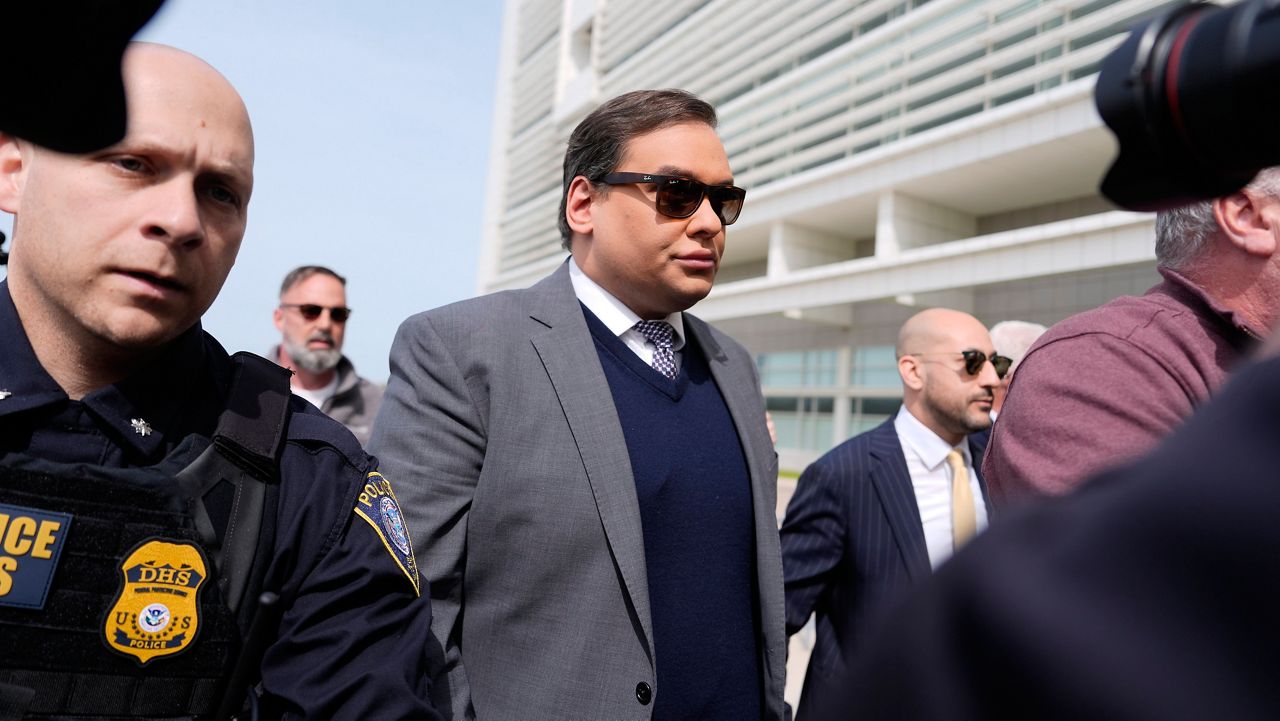In many parts of the city, it's illegal to have dancing in a commercial establishment. But that could be changing in the near future.
In 2017, the city repealed a law requiring businesses to get a license to allow dancing. But that change did not prevent many of these places from remaining ineligible thanks to the city's zoning code.
What You Need To Know
- Zoning laws prevent businesses around New York City from having dancing in their establishments
- A proposal, part of the city's zoning amendments, would simplify the code for dancing and eliminate some of the bans
- The zoning requirements are not being actively enforced, but the fact they are on the books is a concern to some bar owners
- In 2017, the city repealed the Cabaret Law that required businesses to get a license to allow dancing, but the zoning conditions remained in place
“Most people thought, it’s the end of Footloose. We’ve repealed the Cabaret Law, but not so fast,” said Andrew Rigie from the New York City Hospitality Alliance.
Rigie said while the city is not enforcing the law, he’s hearing more and more from bar owners concerned about the zoning.
“It’s definitely a constant reminder and stress for business owners,” said Ted Arenas, owner of Rise Bar in Hell’s Kitchen. “It’s confusing for patrons. It’s confusing for bar owners. A lot of people don’t know what zoning they’re in.”
The zoning indicates dancing is not allowed at his bar.
“It’s hard to tell people to stop dancing and enforce it because it’s their body and they have the right to freedom of expression,” he said.
The potential penalties for ignoring a zoning rule like this are fines and eventually closure. It’s enough to keep Arenas on his toes, even for something like a karaoke night.
On Wednesday, the city’s Department of Planning Commission held a hearing and listened to New Yorkers sound off about a proposal to allow dancing in far more bars and restaurants.
No vote was held this week on more than a dozen other zoning amendments being considered, but for people like Ted Arenas, he said he hopes the ban on dance will take its final bow.
A planning department spokesperson said less zoning enforcement would empower other agencies that manage noise levels and fire code for example. There would still be restrictions on crowd sizes in the proposal.
If the city’s planning commission eventually passes the amendment, it would go to the city council for a vote.









